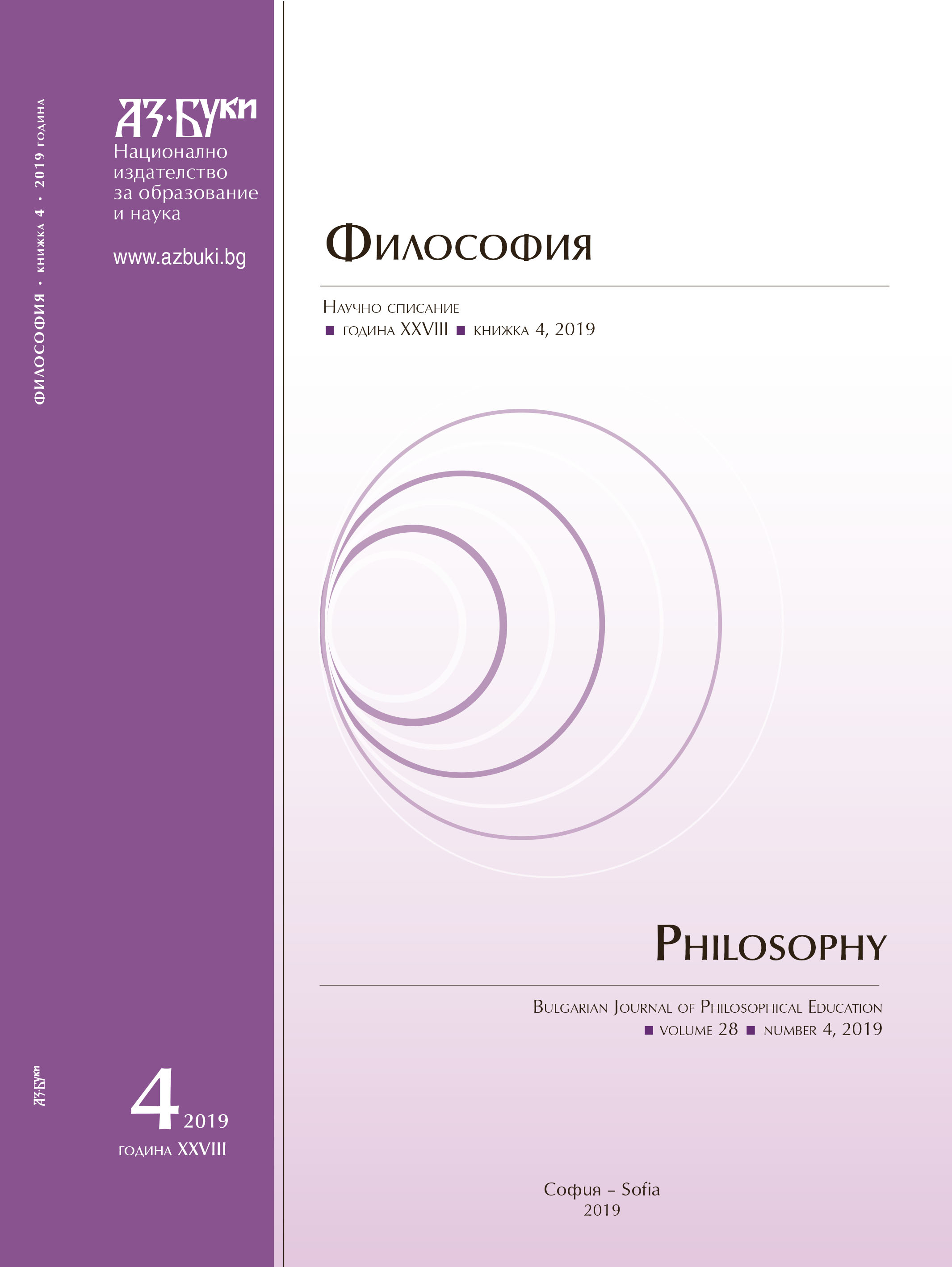Kant’s System of Judgments
Kant’s System of Judgments
Author(s): Silviya KristevaSubject(s): Philosophy, Social Sciences, Education, Psychology, History of Philosophy, Philosophical Traditions, Metaphysics, Epistemology, Logic, Special Branches of Philosophy, German Idealism, Philosophy of Mind
Published by: Национално издателство за образование и наука „Аз-буки“
Keywords: Kant; philosophy of German Idealism; transcendental philosophy; transcendental logic; table of judgments
Summary/Abstract: In the Transcendental Analytic of Critique of Pure Reason Kant realizes a remarkable achievement – he derives the system of logical functions of judgment. This is namely the “legal claim”, which Kant’s investigation of the judgment has to prove in front of the court of reason. For this purpose, we will undertake a reconstruction of the course of proofs on which Kant generates this system. We will start with its initial grounding – by introducing the pure concepts, which divide “the entire field of the understanding”. From here, we have to reveal the connection between the pure concepts of the understanding and the judgments in thinking. In this consideration, Kant acquires a new definition of judgment and a new establishing of its constitution. Finally, a solid proof must be presented for the logical principle and the completeness of the system of logical functions of judgment in thinking.
Journal: Философия
- Issue Year: 28/2019
- Issue No: 4
- Page Range: 352-358
- Page Count: 7
- Language: English
- Content File-PDF

